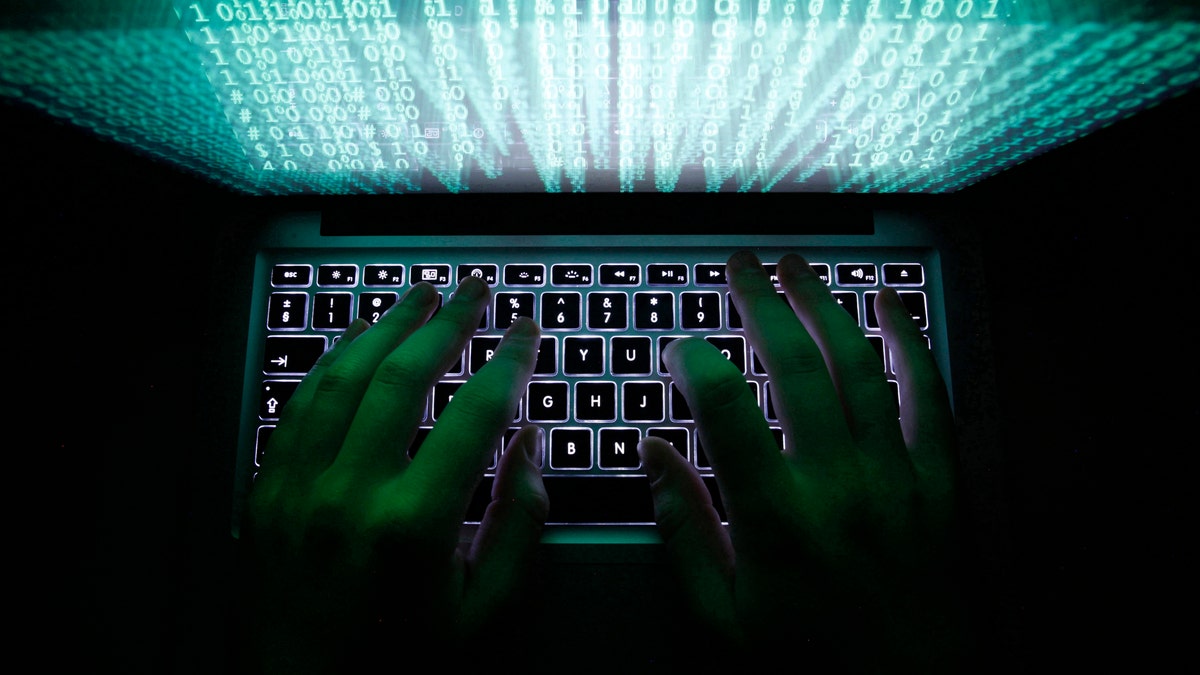
Illustration file picture. (REUTERS/Kacper Pempel/Files)
Large-scale hacking attempts are once again hitting the headlines, and now the FBI is warning energy and defense companies in the U.S. about serious threats emanating from Iran: Reuters reports that the Bureau is telling firms to be on the alert based on information gathered from its own online activities.
The documents seen by Reuters tally with the recent findings of security firm Cylance, which believes that Iranian-based hackers have been focusing on infrastructure targets in the United States for over two years. If an energy, defense or educational organization were to be exposed in the same way that Sony Pictures has, then the effects could be far-reaching — which is why the FBI is now communicating with companies.
Related: FBI warns of malware attack aimed at U.S. businesses
The leaked documents seen by Reuters go into technical detail about the type of hacks that might be attempted as well as how they can be stopped — the FBI is asking companies to get in touch immediately if they believe they’ve been the subject of a security exploit. While the agency doesn’t directly point the finger at the Iranian government, it reports that malicious activity has been traced to IP addresses within the country.
Iran has its own reasons to be on guard: Symantec recently published details of a malware program called Regin, similar to the Stuxnet code that destroyed Iranian nuclear systems in 2012. Symantec says Regin is being used by a “technically advanced” nation such as the United States or China.
As for Cylance’s report — which seems to refer to the same threat as the FBI’s warning — it says that an Iranian group referred to as ‘Cleaver’ is looking to penetrate hospitals, military institutions, energy firms and transport targets. The U.S., Canada, the U.K., China and Qatar are among the countries who are believed to have been on the group’s radar. So far, no critical infrastructure systems have been severely compromised.
It’s a reminder that large-scale cyber warfare is being waged in the background while we idly click around our favorite news and social media sites — and it looks like the stakes are getting higher.








































